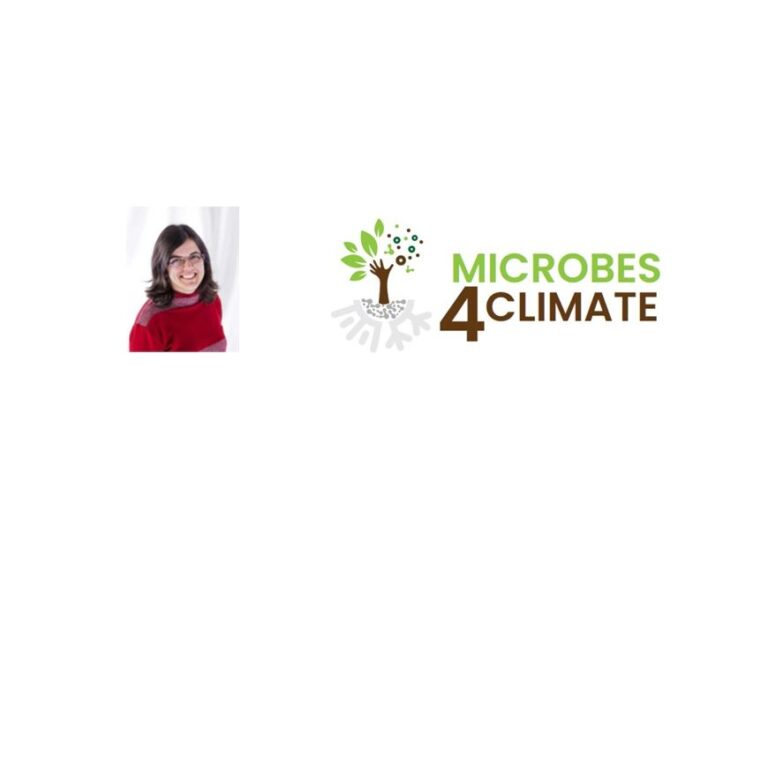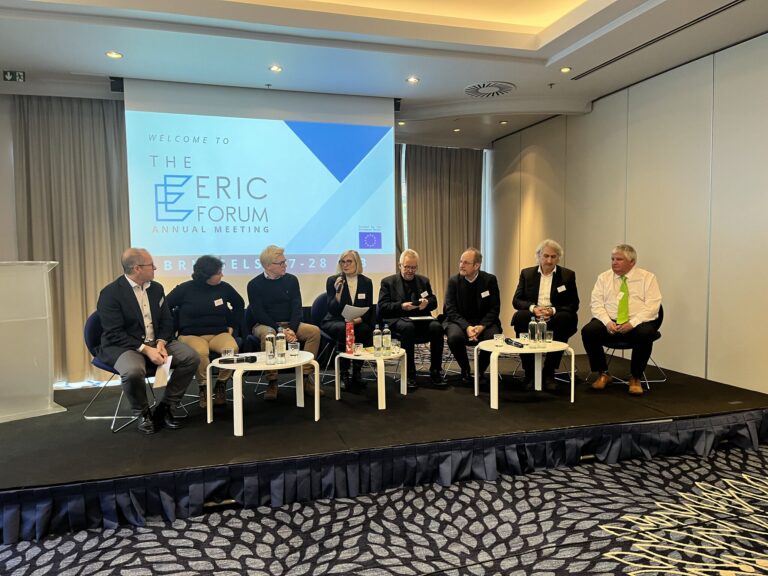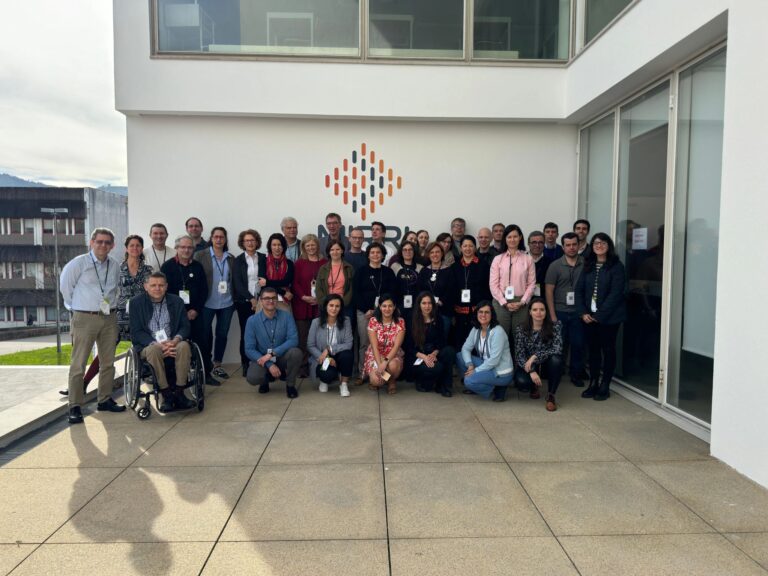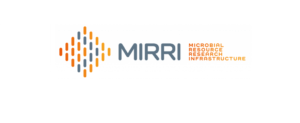
Exploring the Microbial Universe: ECCO 2024 Meeting
MIRRI-ERIC at 2024 RoBioinfo Conference
MIRRI-ERIC at Empowering Biodiversity Research Conference 2024
Greece Joins MIRRI-ERIC as a Member

Braga (Portugal), 19 of March 2024 – We are delighted to share the momentous news that Greece has officially become a member nation of MIRRI-ERIC (Microbial Resource Research Infrastructure – European Research Infrastructure Consortium).
Read more here

Newly appointed Project Manager of Microbes4 Climate coordinated by MIRRI–ERIC

Braga (Portugal), 01 of March 2024 – We are delighted to announce the appointment of Ana Paula Gomes Marques as the esteemed Project Manager of Microbes 4 Climate, under the coordination of MIRRI-ERIC (Microbial Resource Research Infrastructure – European Research Infrastructure Consortium).
Read more here

MIRRI-ERIC at the ERIC Forum Annual Meeting

Braga (Portugal), 27 February 2024 – As the global research landscape continues to evolve, the ERIC Forum enters its Second Implementation Project with renewed vigor. Officially launched on September 1, 2023, ERIC Forum 2.0 embarks on a mission to foster international collaboration, streamline access provision, and empower ERIC staff through upskilling initiatives.
A highlight of the meeting is the Roundtable session on “Common challenges and sharing of best practices across priority topics.” Here, stakeholders from diverse entities converge to exchange insights and strategies for advancing research infrastructures. Facilitating this dialogue is Ana Portugal Melo, the esteemed Executive Director of MIRRI-ERIC.
Read more here

Microbes4Climate Kick-off meeting

Braga (Portugal), 20 February 2024: Embarking on a dynamic two-day adventure, the MICROBES-4-CLIMATE initiative launches with vigor on February 20th and 21st, 2024, in Braga.
The kick-off meeting, hosted at MIRRI-ERIC Headquarters (coordinator of the project), sets the stage for a collaborative effort to unravel the mysteries of climate change’s impact on microbial communities. Despite their pivotal role in ecosystem resilience, microbes often remain overlooked in the climate change discourse. MICROBES-4-CLIMATE endeavors to rectify this oversight by delving into the intricate interactions between soil, microorganisms, plants, and the environment.
Read more here

MIRRI-ERIC takes-off the Microbes4Climate project coordination.

Braga (Portugal), 01 February 2024 – Unveiling MICROBES-4-CLIMATE: MIRRI-ERIC (Microbial Resource Research Infrastructure – European Research Infrastructure Consortium) takes-off the project coordination.
In a momentous stride towards combating climate change and safeguarding our planet’s biodiversity, the MICROBES-4-CLIMATE project launches today under the prestigious umbrella of Horizon Europe. This ground-breaking endeavour embarks on an extraordinary journey, rallying 31 committed partners across 13 nations to unravel the intricate dance between soil, microorganisms, plants, and the environment.

MICROBES-4-CLIMATE sets forth with a bold vision: to deepen our comprehension of this intricate network and its pivotal role in shaping the Earth’s resilience against climate challenges. With a collective mission to provide unparalleled insights, the project aspires to cultivate a collaborative ecosystem, amplifying our collective wisdom on this critical subject.
Read more here
Romania Joins MIRRI-ERIC as an Observer Member

Braga (Portugal), 10 January 2024 – We’re thrilled to announce that Romania has officially become an observer member of MIRRI-ERIC (Microbial Resource Research Infrastructure – European Research Infrastructure Consortium), a significant milestone that underscores the country’s commitment to advancing microbial research and biotechnological innovation.

The Romanian consortium joining MIRRI-ERIC is a powerhouse of expertise, infrastructure, and microbial collections that are poised to contribute immensely to the consortium’s objectives. Comprising Microbial Resource Centers (mBRCs) from prestigious universities and research institutes, the consortium boasts an impressive portfolio of approximately 4000 microbial strains, many of which have been isolated from diverse Romanian natural sources such as soil, polluted areas, extreme environments, and the Black Sea.
Read more here.



